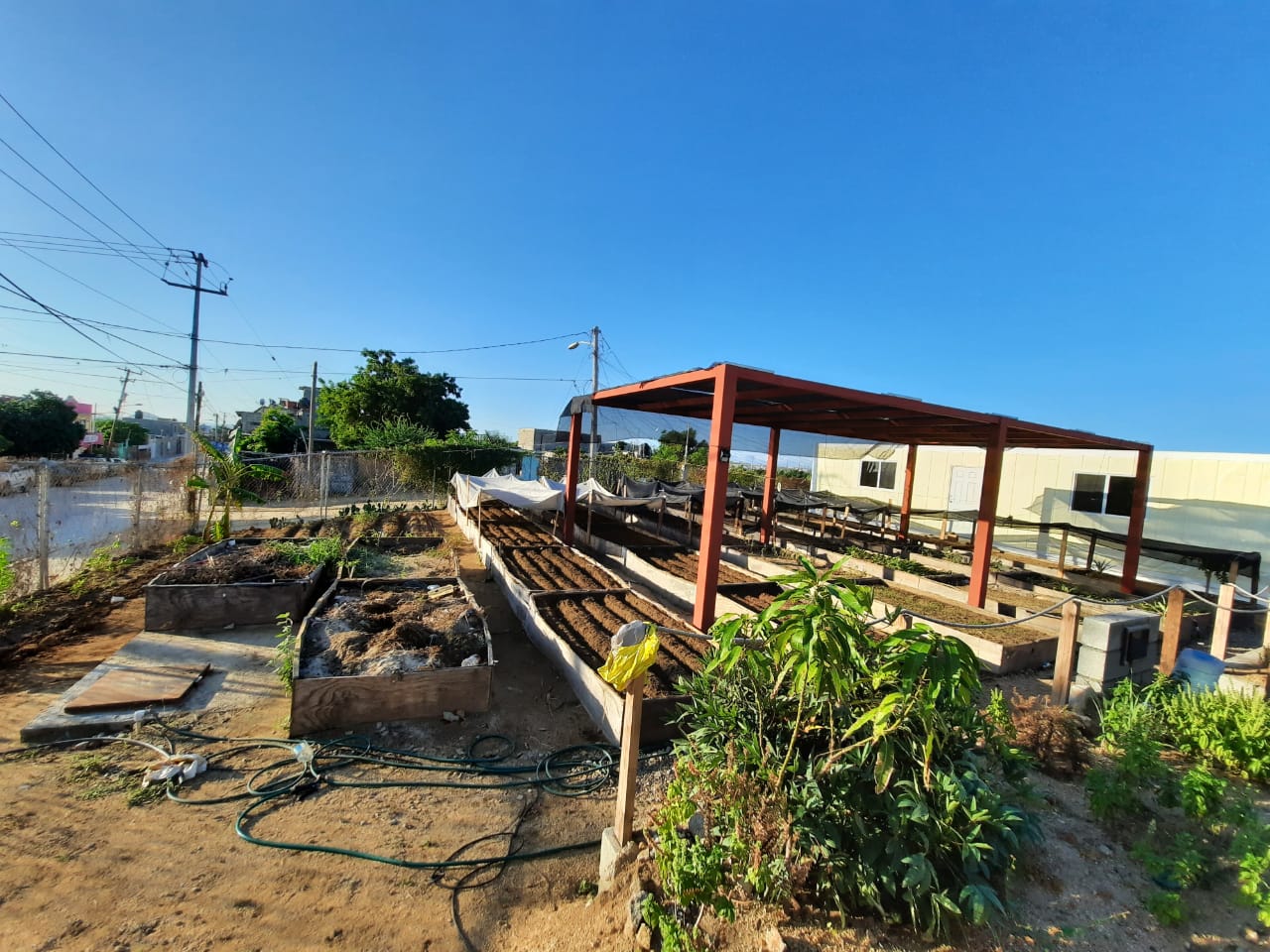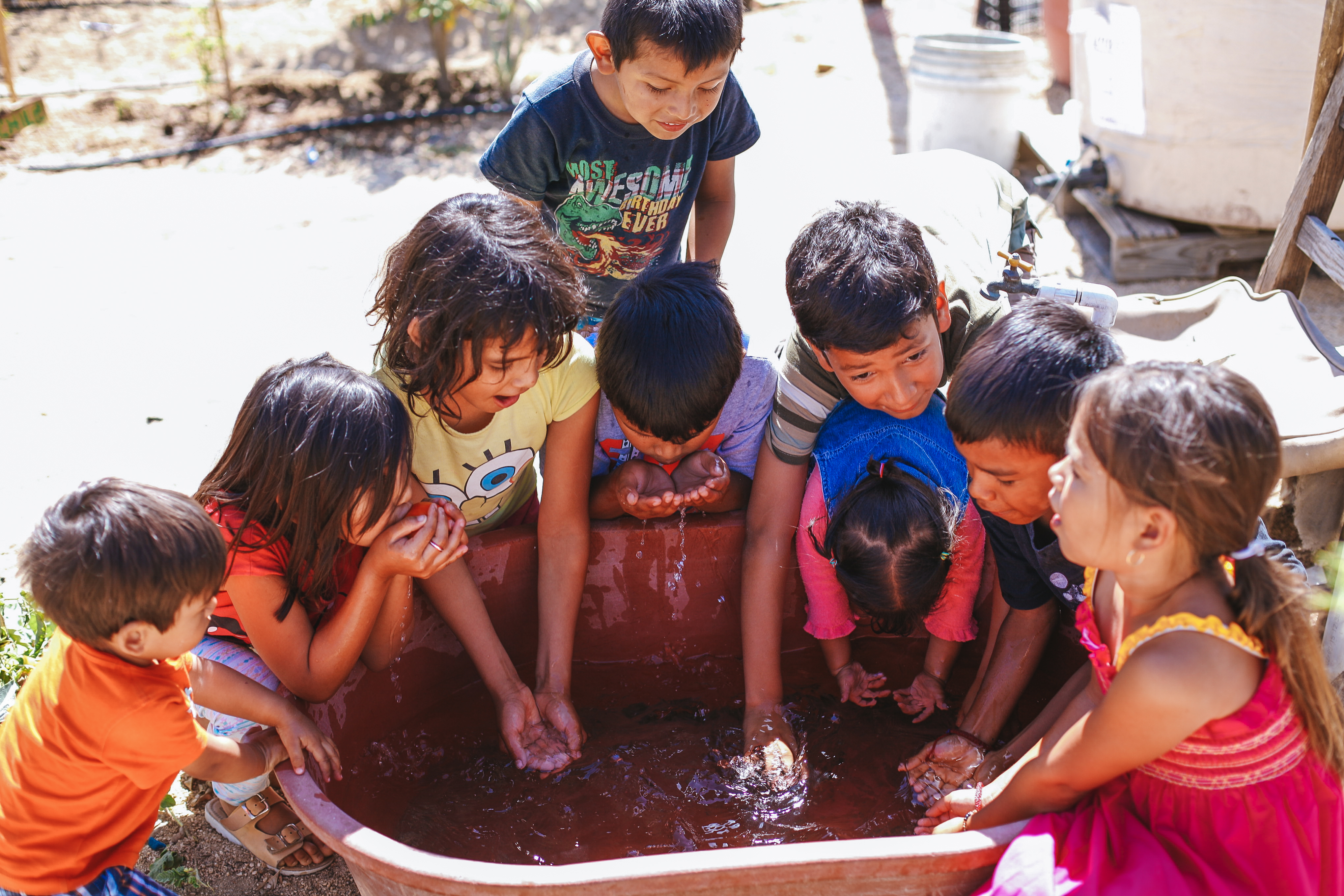

The Impact of Food Waste & How To Reduce It
As the world's population grows, so does the amount of food waste. What was once a minor issue has now become a major global concern. In order to combat this problem, we must first understand it. What is food waste? How does it impact our environment? And most importantly, what can we do to reduce it?
What Is Food Waste?
Food waste can be defined as any edible food that is discarded or not used. It can include fruits, vegetables, meat, dairy, grains, and other products. Food waste can come from households, restaurants, supermarkets, or any other source. Some common examples of food waste include spoiled produce, uneaten leftovers, and food that has been past the expiration date.
In Mexico, as in the United States, a staggering 35-40% of all food produced goes unused or uneaten. According to a nation-wide study conducted by the World Bank in 2017, the estimated 20 million tons of food that is lost or wasted annually in Mexico is valued at US$25 billion, representing roughly 2.5% of the country’s GDP. As this food is wasted, so is all the water, energy and time that went into producing and distributing it. This waste not only contributes to excessive greenhouse gas emissions along supply chains, but also to potent methane emissions from landfilled organic matter.
This phenomenon occurs at the same time as 24 million people in Mexico face food insecurity, and 9 million are living in extreme poverty.
Causes of Food Waste
In developed countries, most food is lost at the consumer level, as many families buy more than they need and throw away expired food, while for developing countries, food loss occurs primarily along the supply chain. This underscores the many limitations in these countries to manage post-harvest processing, storage and distribution infrastructure, as well as education and technical support to reliably connect with markets. Restaurants and supermarkets can also be a significant contributor to food waste, especially in places driven by the tourism industry.
In general, around the world, there are not enough systems in place to efficiently manage supply and demand, storage and distribution, recovery and donations, or to recycle food that is no longer edible. This leads to vast quantities of edible food being landfilled instead of being eaten or used for compost or energy production.
Food Waste and The Environment
Food waste has a significant impact on climate change. It is responsible for producing as much greenhouse gas emissions as the entire transportation sector. In addition, it takes up valuable land and water resources that could be used to produce food. By reducing food waste, we can help mitigate the effects of climate change.
Food Waste & Communities
Food waste can have a significant impact on poorer communities. When food is wasted, it means that there is less food available for people who need it. It can also increase the cost of food, food insecurity, and make it more difficult for people to afford. This is especially concerning now, as global conflict, climate and market shocks increase food prices and exacerbate food insecurity. Too, lack of education and technical assistance to secure market sales can leave farmers with unsold crops and without the resources to harvest them.
How To Reduce Food Waste
There are many things we can do to reduce food waste on an individual level, such as composting, using leftovers, and buying only what we need.
- Buying only what we need can help reduce food waste. When we over-buy food, we often end up throwing it away because we can't eat it all. By buying only what we need, we can prevent this from happening.
- Using leftovers is another easy way to reduce food waste. Instead of throwing away uneaten food, try to use it in a recipe or eat it later on. This will not only help reduce waste, but it will also save you money on groceries.
- Composting is one way to re-purpose food waste. It involves turning food scraps into fertilizer for plants. You can either do it at home or donate your scraps to a local composting program.
How ICF Is Combatting Food Waste
Catalyzing integrated, collaborative action toward preventing food waste and loss throughout the supply chain, and recovering and redistributing food to the families who need it most, is fundamental to ICF’s vision of a healthier, more resilient regional food system.
As part of this commitment ICF has been supporting partner organizations such as food banks, community kitchens and volunteer harvesting or “gleaning” programs, to strengthen and expand their food recovery efforts in the Baja Peninsula.
This year, ICF also partnered with Alianza para Seguridad Alimentaria (ASA) and Soluciones Integrales para la Problemática Ambiental (SIPRA) to research where and why food waste and loss occurs throughout supply chains in Baja California Sur. This assessment will help inform multi-sector prevention and recuperation strategies.
Join ICF in these crucial efforts to prevent food waste and to connect healthy fresh food, that would have otherwise gone uneaten, with food insecure families and individuals.
Join Our Mailing List
Stay Connected with ICF
Be the first to get exclusive updates on
what ICF is doing to make a difference!
